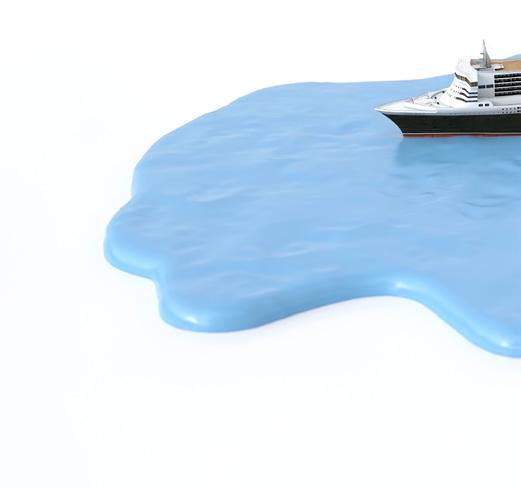Australia and the Cruise Industry: How to Stay Afloat Alexander Moore
I
n amongst all the pandemic news has been a story that is particularly interesting with respect to the Australian political and legal climate. Throughout April, there were several cruise ships loitering off both the East and West coasts of Australia. Many of these cruise ships were doing so because they either had or suspected they had COVID-19 cases on board. They did not want to commence a long journey back to their respective ports of origin away from the Australian coastline as that would place them out of distance of medical and other aid should their passengers or crew require it. Comparatively, the Morrison government ordered that the various cruise ships leave the coast of Australia as there was concern over the possibility that thousands of sick crew and passengers would request Australian medical care. This scenario would place extra strain on Australian healthcare resources at a time when Australians need them most. At the time of writing, all foreign cruise ships departed Australian waters. Whilst on this occasion the Morrison government has avoided an international crisis, the government was not far away from having a Clint Eastwood-esque Mexican stand-off on its hands underpinned by a legal and moral minefield. This whole episode leaves some lingering questions about the sustainability of the cruise industry and, in particular, Australia’s relationship with it. The Present Circumstances It is a fundamental principle of the law of the sea that vessels are entitled to innocent passage through a country’s territorial waters. That right does not extend, however, to anchoring off the coast indefinitely, as a state has sovereignty over its ports and territorial 14 | The Brief
waters. Generally, exceptions to these principles only exist where a vessel issues a distress call. In these circumstances, there is a duty for nearby vessels and/ or states to assist in ameliorating the distress. This includes the practice under customary international law of allowing distressed vessels to dock in the closest port. What constitutes valid circumstances for distress, however, is somewhat of an open question. Historically, vessels declared distress when they were physically damaged and needed to seek repairs to continue onward. More controversially, in 2001, a Norwegian vessel issued a distress call and requested to dock on Christmas Island after it had rescued 400 asylum seekers. Whilst it is not unreasonable to suggest that cruise ships might be justified in issuing a distress call where COVID-19 presented a threat to those aboard, there is no obvious precedent in this regard. A further legal consideration in respect of the novel circumstances created by the pandemic is a cruise company’s duty of care towards its passengers and crew. This issue becomes particularly pertinent when one considers some of the legal proceedings underway as a result of COVID-19 related actions. One such example is the ongoing investigations over the highly publicised and scrutinised mishandling of the Ruby Princess cruise ship. Additionally, in recent days it has been reported that a class action has formed against Sydney-based, cruise company, Aurora Expeditions, who departed Argentina for Antarctica four days after a global pandemic was declared. It’s alleged that the company breached its duty of care to its passengers by allowing the vessel to leave Argentina as there was a heightened risk of infection on cruise ships. As a result, 128 people on board became infected with COVID-19. Ed.2 2020




